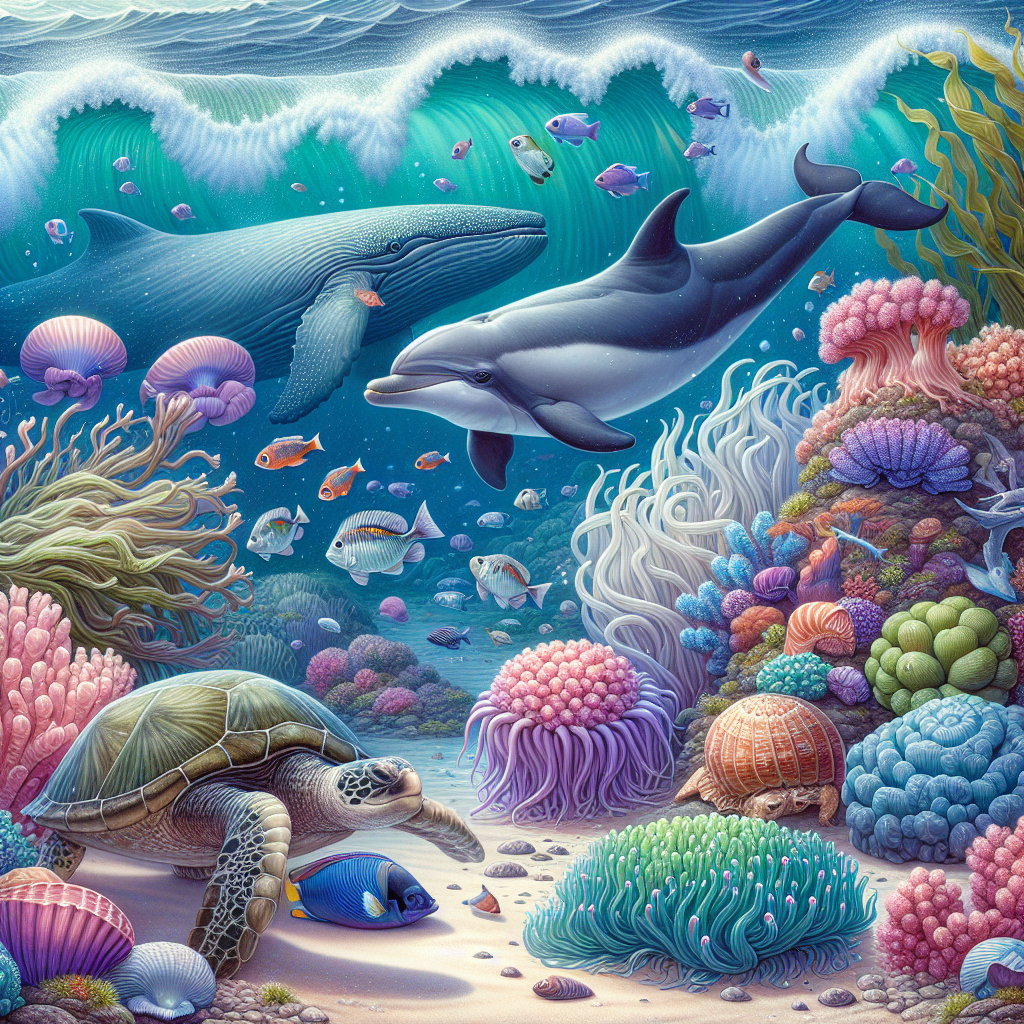Deep Pacific Discoveries: Unveiling a 'Vibrant Oasis' and Coastal Concerns
Recent science news features the discovery of chemical-eating marine creatures in the Pacific's oceanic trenches, ongoing talks between NASA and Russia's space agencies on shared space interests, and concerns over the potential disappearance of Chile's beaches due to coastal erosion in the coming decade.

Scientists have made a groundbreaking discovery in the depths of the Pacific Ocean, uncovering communities of marine creatures that rely on chemosynthesis. These animals, mainly tube worms and clams, thrive on chemicals like hydrogen sulfide and methane, creating a unique ecosystem far from sunlight's reach in the deep Kuril-Kamchatka and Aleutian trenches.
In the realm of space diplomacy, U.S. Transportation Secretary and interim NASA head Sean Duffy is set to meet Russian counterpart Dmitry Bakanov. This meeting marks the first in-person discussion between NASA and Roscosmos leaders since 2018, signaling potential advancements in collaborative space endeavors.
On another front, Chile faces significant coastal challenges, as erosion threatens to erase at least 10 beaches within a decade. Carolina Martinez, director of the Coastal Observatory at Universidad Catolica, highlights the urgency of addressing coastal erosion along Chile's sprawling Pacific coastline before it's too late.
(With inputs from agencies.)
ALSO READ
India Deepens Trading Ties with Chile and Peru: Next Negotiation Rounds Set for August
Tremors in Atacama: Earthquake Strikes Chile
Tremors in Chile: A 5.7 Magnitude Earthquake Strikes
Global Experts Recommend Cancer Care Expansion and Radiopharmacy Boost in Chile
Chile's Controversial Expropriation Plan: Unveiling Historical Abuses









